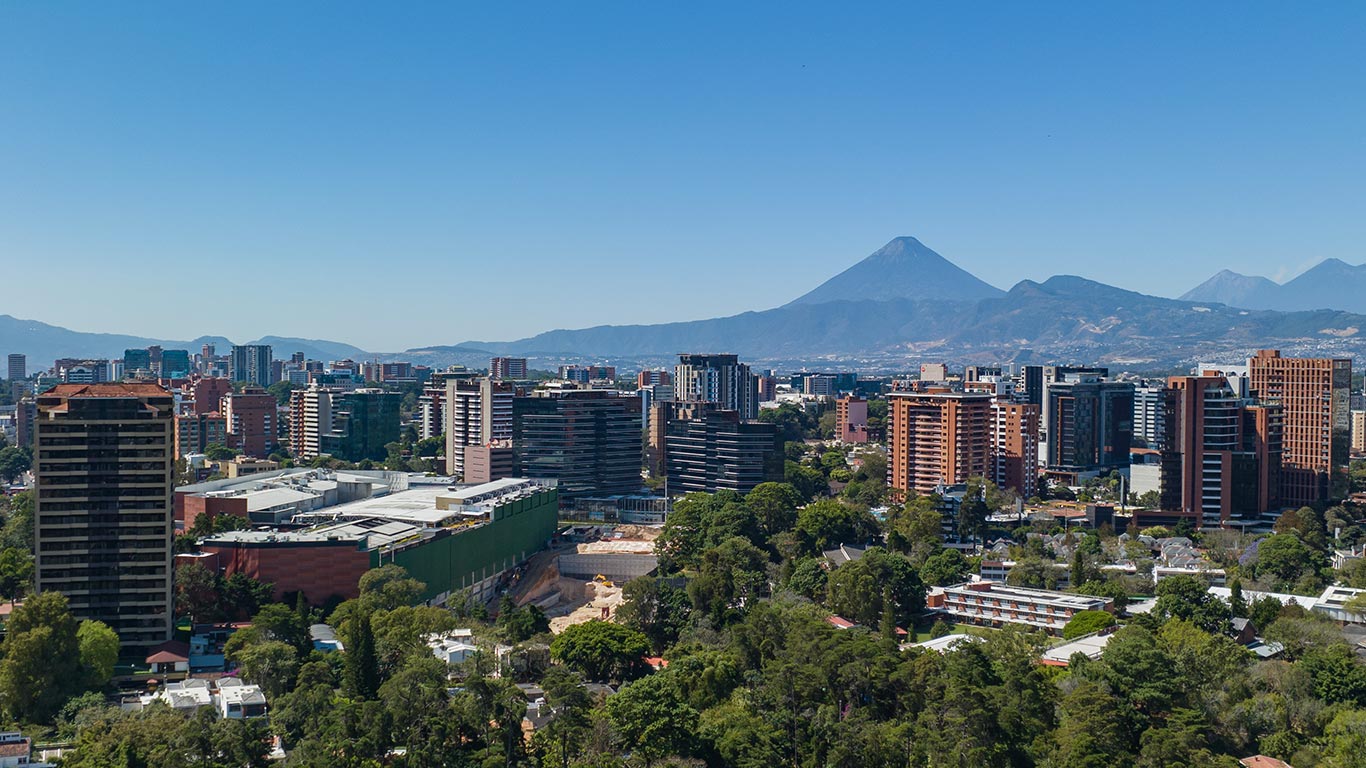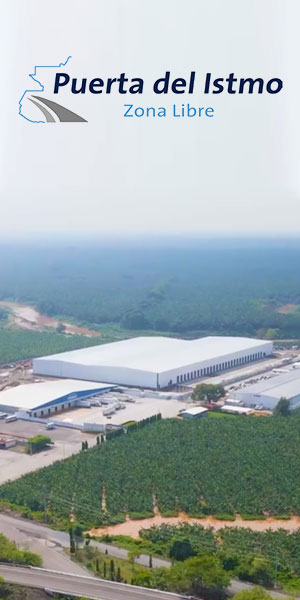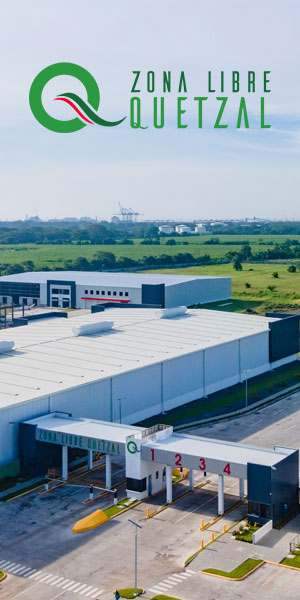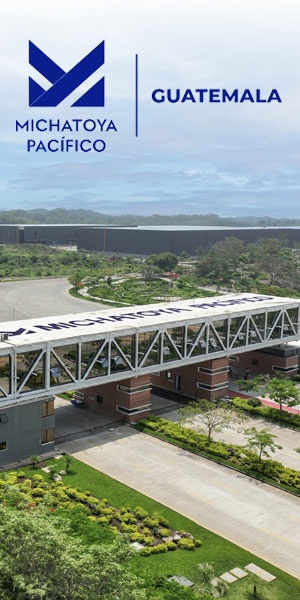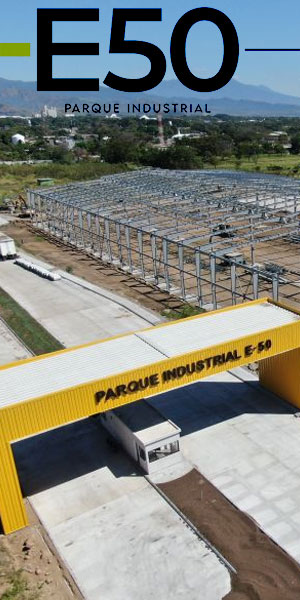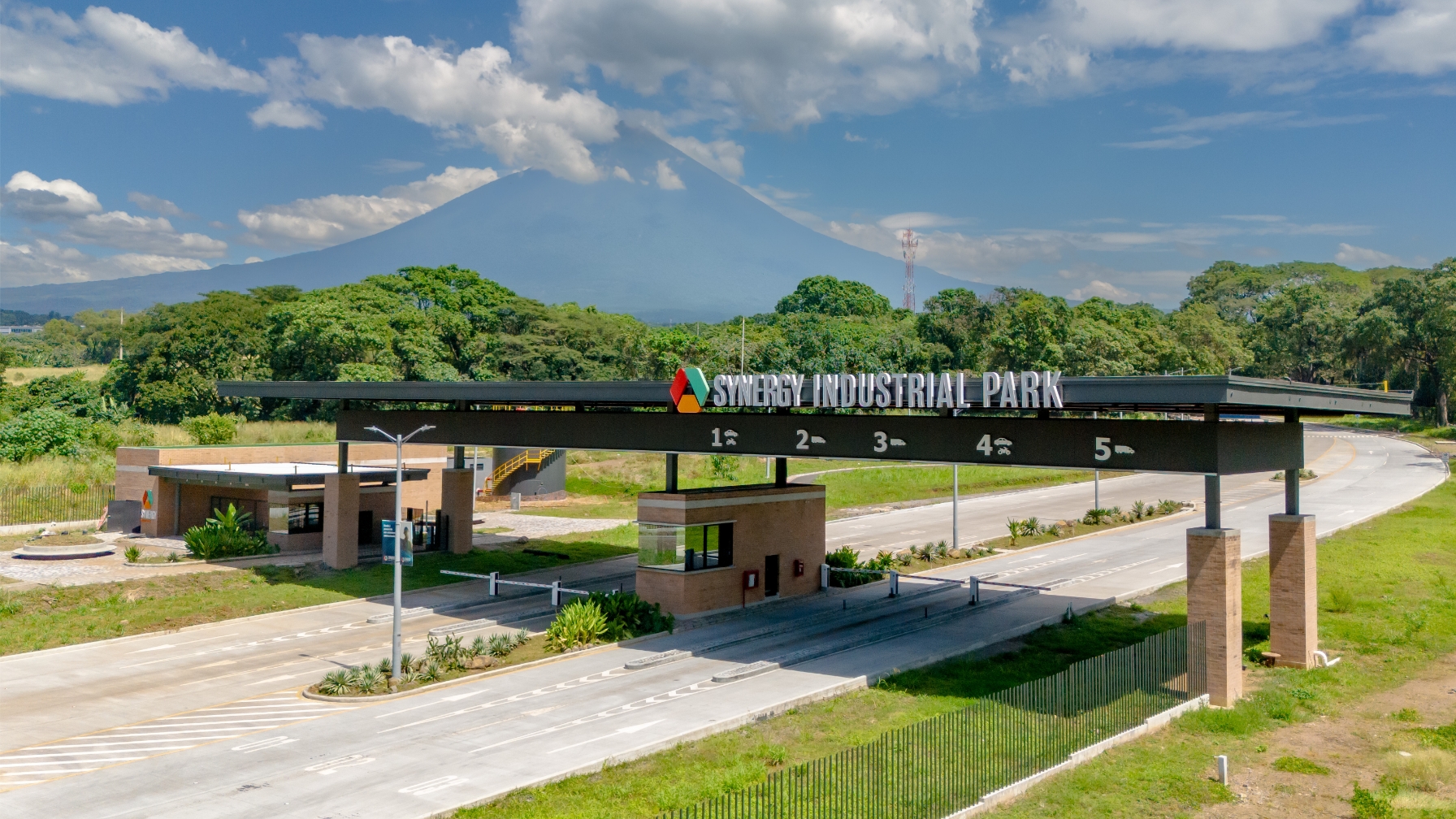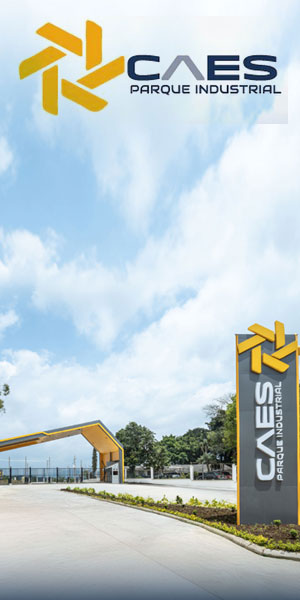
Wendy Mena
Coordinator
Guatemala Moving Forward maintains its role as the driving force behind inclusive economic growth that enhances the social contract and improves people’s quality of life.
This initiative arose from the private sector, which is investing in a long-term plan with the backing of the Government of Guatemala and the Municipality of Guatemala.
In 2022, universities, research institutes, civic society, and multilateral banks joined this project, resulting in great success in Guatemala Moving Forward’s five pillars of work:
